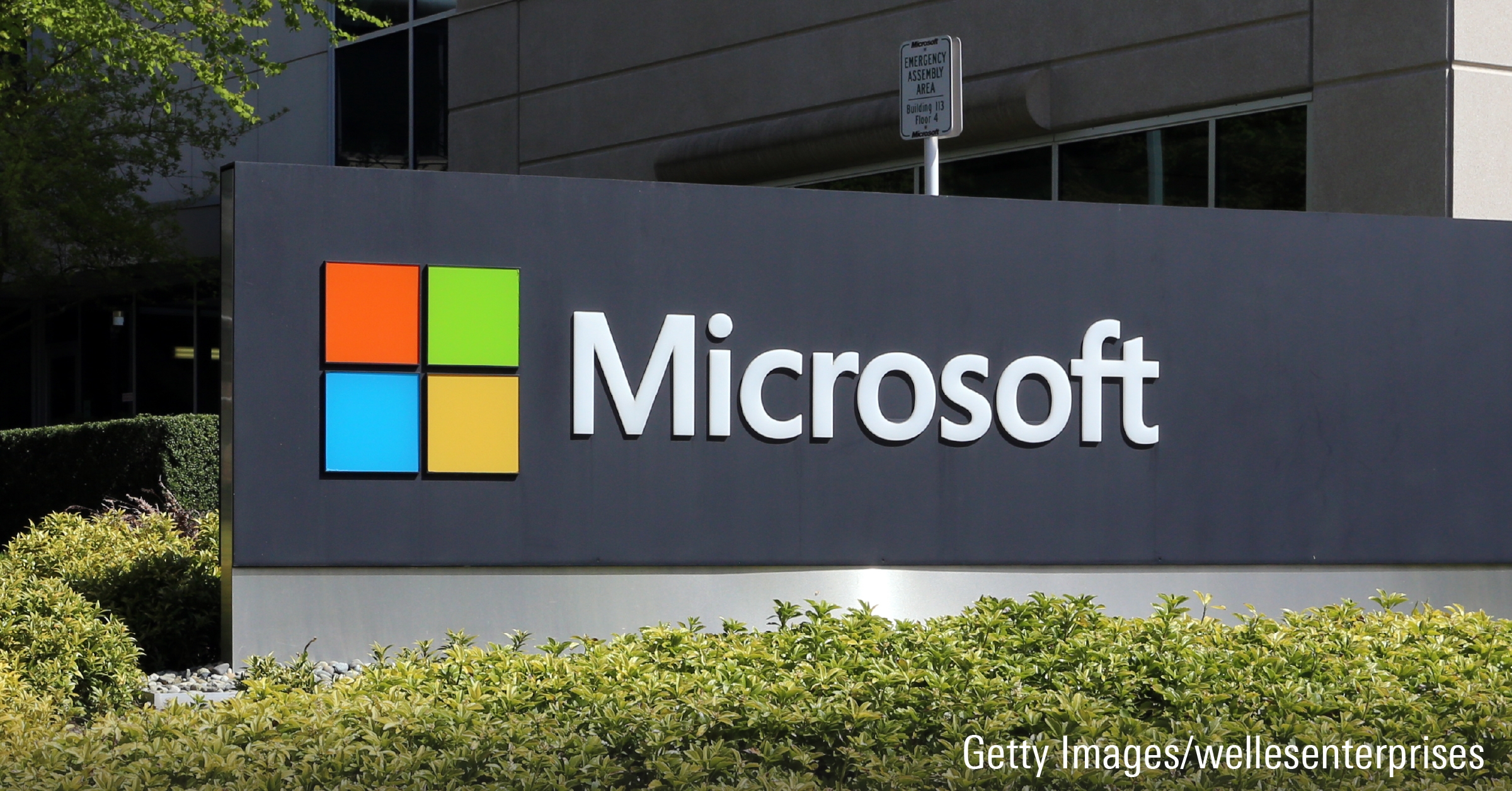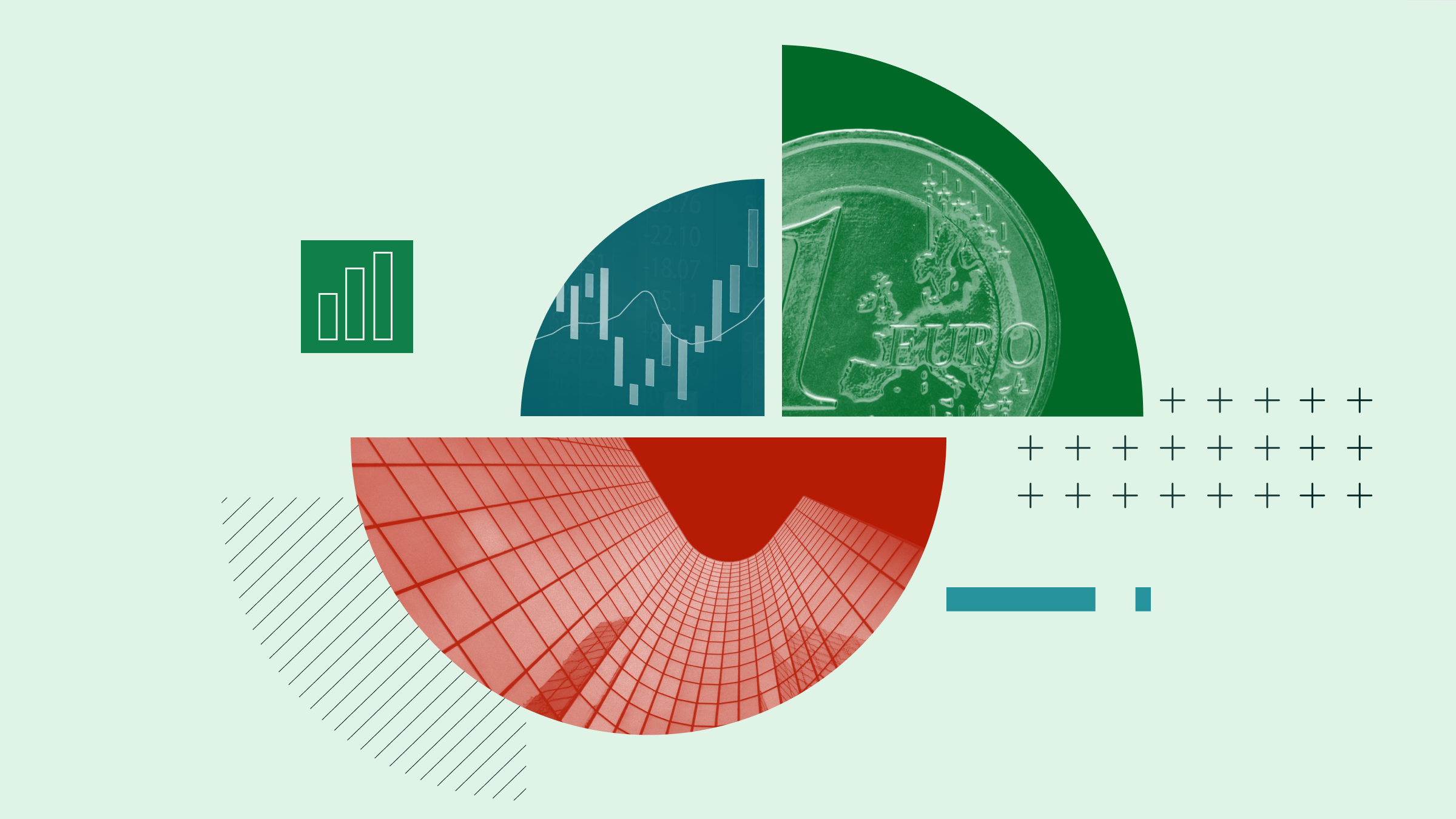Susan Dziubinski: Hi, I'm Susan Dziubinski with Morningstar.com. Berkshire Hathaway held its annual meeting over the weekend--virtually. Here with me to discuss some key takeaways from the event is Gregg Warren. Gregg is a sector strategist in Morningstar's financial-services group, and he specializes in Berkshire Hathaway. Gregg, thank you so much for being with me today.
Gregg Warren: Thanks for having me.
Dziubinski: So, let's start with the tone of the meeting and tell us a little bit about your impression of the tone and the fact that Berkshire didn't seem to do a lot of buying during the market downturn.
Warren: It was kind of interesting. It was probably the most reserved I think I've seen [Warren] Buffett historically. I think it's just the nature of the pandemic. I think it's created so much uncertainty, not just within the economy and the markets but for Berkshire itself across the spectrum of businesses. On the insurance side of the business, they don't typically write a lot of insurance along these lines. He did note during the meeting that they would do it if the price was right, and the price has never been right.
But he's concerned about potential litigation hitting a lot of insurance companies where this stuff was excluded, and the argument could be made that, "Well, we didn't shut down because of the pandemic, we shut down because the government told us to." So, I think that he's concerned that at least for the next three to five years there's going to be a lot of potential litigation related to the insurance business within their own operating companies.
I mean, the railroad business is going to have a big impact in the next couple quarters here just because of the recession and the pullback overall in demand within the MSR segment. Precision Castparts is probably going to feel some pain because the airline industries are really probably going to take at least another three years before they get back to sort of last-year levels.
He did note early on, before he even started taking questions, that Berkshire blew out all their stakes in the airlines, all four companies. They owned about 10% of each, and he blew them out because he just felt that it was going to take a very long time for them to get back to sort of normal, and that in the meantime, they're taking out a ton of debt and the likelihood of your secondary offerings and potentially new issues of warrants, things that are dilutive to shareholders in the long run. And he just felt it's better to get out of the way at this point.
But as far as purchases go, they picked up some bank, some additional bank stock during the first quarter. We'll get more details as the 13-F comes out later this month, but just based on Form 4 filings that we've seen, they did pick up or increase stakes in some of the banks. So, when you net it out, I think it ended up being around $6.5 billion in net sales.
Dziubinski: One headline that was coming up while the meeting was going on was really Buffett talking about eliminating that airline stake. Is that something that surprised you? It definitely goes along with sort of that conservative stance and sort of tone that he had for much of the meeting. But what's your take on that?
Warren: It didn't really surprise us because we've never been big fans of that stake to begin with. We gave them some grief two years ago at the annual meeting, actually 2017, so three years ago, right after they purchased them. It just didn't seem like the type of business they would be investing in. Unlike the railroad, which has a lot of advantages, a lot of barriers to entry, a lot of potential to pass on fuel increases to customers. The airlines just didn't seem to be in that position. And the argument at the time was made that they've consolidated over the last 15-20 years, they're better run, they can get through these boom-and-bust cycles better. And my retort to that was, "Well, they're only ever one oil price shock either to the upside or the downside away from having a big problem." On the upside, it would just be that they're not able to pass those costs along to consumers. On the downside is the cheaper oil is, the more price competition you start having within the industry.
So, we were never big fans to begin with. We always kind of looked at it as a trade. It just seemed like they didn't get out when they should have. He still talked about how he liked the firms and he liked the companies and liked what they were doing. But we've always sort of responded to clients in the past about if Buffett buys an airline, which one would he buy? And I'm like, "Well, I prefer he bought none of them." Because I just think it's a bad business overall.
Dziubinski: Then lastly, one question that you and a lot of us had going into the meeting was wondering about if Buffett and Charlie [Munger] had repurchased any of Berkshire's stock during the market downturn. And it looks like there was some activity, but then they sort of put on the brakes at the beginning of March, around March 10, I believe. What do you make of that?
Warren: Well, I was kind of surprised. When you look at it on a net basis, there was about $1.7 billion that got bought back during the quarter, which is decent. We feel that they could do a $1.5 to $2.5 billion run rate without any real issues. What surprised us was when we got the 10-Q was that they stopped buying after March 10. So, between March 10 and the end of March, they bought back no shares at all.
And that was really when Berkshire was trading at its cheapest value. And I think the other jaw-dropping moment we had was during the annual meeting when he put up the slide that showed that they bought nothing back in April. So, for basically six, seven weeks there, they've not bought back any stock at a time when arguably Berkshire's been trading at some of the cheapest price levels in a very long time.
Now, he did mention during the meeting that he feels like the intrinsic value has come down as much as the stock has come down year to date, which is about 19%. I'm not sure how much of that is his guesstimates on the business or how much it is him sort of pushing out the margin of safety he'd like to see before he steps back in. We took the fair value down in early April about 11% based upon sort of the impact we felt that was beyond the equity portfolio. And then a lot of the operating companies.
We did some quick back-of-the-envelope tweaks to the model as they were running through the annual meeting, and there could be a little bit more that could come out of it, but it just doesn't seem like it's sort of at the level that he's looking at it. Which to us sort of sets the stage that maybe, given the amount of certainty that we're likely to see over the next six to 18 months, he's looking for an even lower value then what he's seeing right now to step in.
Now, on a price/book basis based on the end of the first quarter, it was trading at a little bit over at 1.2 times. And if you look at our forecast for end of this year, end of next year, it's at 1.1 to 1.2 times, which is really, really cheap. So, I think as far as long-term investors go, I don't think they're going to be disappointed if they step into it here over the next five to 10 years.
The near term might be lumpier, might be painful because he, again, I think Buffett's expecting some of the gains we saw in April in the markets to be given back. But I think from a longer-term perspective, I can't see a cheaper price point than we're seeing right now in the last, say, five, 10 years.
Dziubinski: Gregg, thank you so much for your insights today. We appreciate it and we look forward to seeing your ongoing research on Berkshire over time.
Warren: Thanks for having me.
Dziubinski: I'm Susan Dziubinski for Morningstar.com. Thank you for tuning in.























